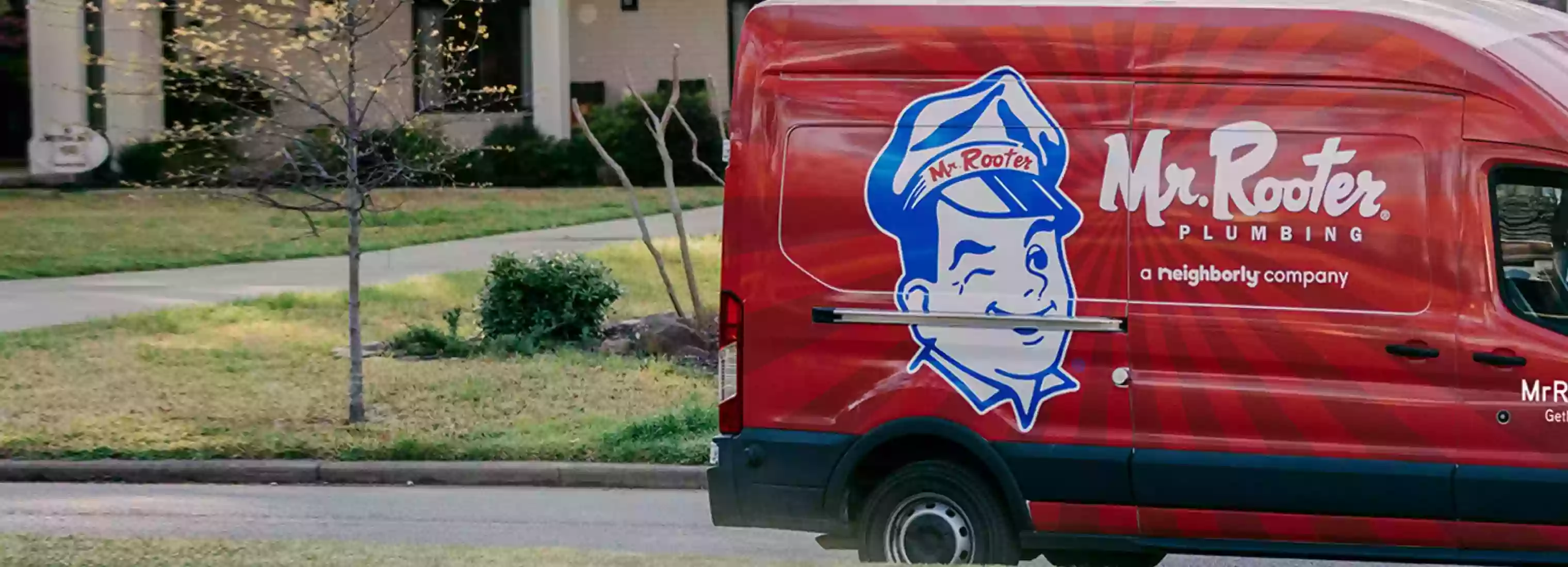Commercial Vs. Residential Plumbing: Is There Really a Big Difference?
It’s reasonable to assume there isn’t much difference between residential and commercial plumbing. Whether you own a single-family home or large office building, doesn’t your water run through roughly the same sort of pipes? And won’t you find similar types of fixtures and appliances in the washrooms, kitchens and service areas? So if its all just about identical, why wouldn’t a plumber who knows how to stop a leak in a residence not be able to perform the same procedures effectively in a commercial setting?
These are all fair questions — however, the answers are unfortunately more complex than a simple yes or no. There are numerous universal truths that apply to both residential and commercial plumbing. But when you take a closer look, you’ll quickly realize there are just as many small details that make a big difference in work environments.
What Is the Difference Between Residential and Commercial Plumbing?
The most glaring difference between residential and commercial plumbing is the number of people the system is meant to serve. In a home, there may only exist a handful of daily users relying on simple amenities such as fresh water and flushing toilets. In a commercial building, thousands of individuals could be counting on plumbing for a myriad of purposes. Some of the primary factors and elements to consider when talking about larger jobs or commercial septic services include:
- Presence of industrial-grade pipes and fixtures.
- More complex plumbing-system architecture.
- Greater potential for costly damages.
- Utilization of demanding commercial appliances.
Choosing the Right Plumber to Meet Your Specific Needs
Now that we have some perspective on the factors that separate commercial and residential plumbing, it's time to consider what sets different plumbers apart. The fact is some plumbers are equipped to handle all manner of residential and commercial work, while others may only specialize in one type or the other. When searching for the
appropriate service provider for your residential or commercial job, ask the following questions to ensure you locate the right type of plumber:
- Is the plumber up to date on the various codes and requirements that must be adhered to in commercial plumbing and septic services? Residential plumbing isn’t typically subjected to the same set of standards.
- Will the plumber have the availability to answer your call when you need them most, even afterhours or on holidays? There’s a big difference between having the staff and equipment to handle a residential incident and being ready to respond to a full-scale plumbing emergency in a commercial complex.
- Is the company a full-service provider? The plumber you are searching for should be able to do more than unclog your drains and fix a leak. Ask if they also provide services such as diagnosis and checkups, installations and upgrades, and system maintenance and cleaning.
Don’t assume every plumber is created equally. Recognize the differences and ask the right questions to find the top-quality service to maintain your property. Whether you need to repair a damaged sewer line to your residence or require expert commercial septic services in Syracuse and throughout the region, visit Mr. Rooter Plumbing of Greater Syracuse for additional information and to schedule an appointment today.
 Click to call
Click to call


